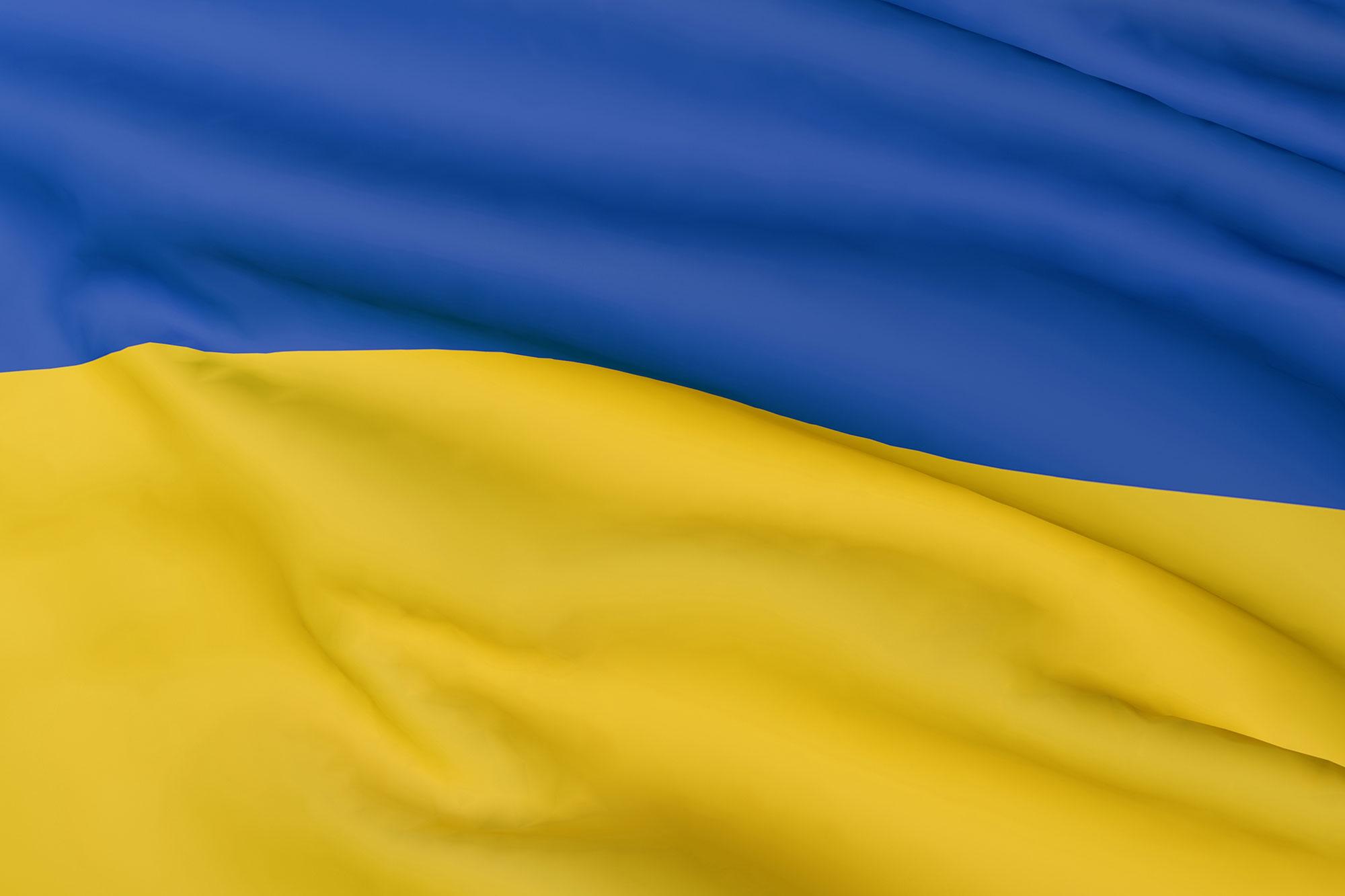Together with researchers from Ukraine: 20 projects approved

From particle physics to intellectual history – as part of their joint call for proposals, the SNSF and the National Research Foundation of Ukraine (NRFU) are supporting research projects with a total of 7.6 million francs.
In early summer 2022, the SNSF signed an agreement with the National Research Foundation of Ukraine (NRFU) to support Ukraine's research system, which has been damaged by Russia's war of aggression. Within this framework, the two research funders launched a joint call for proposals in mid-October 2023. “Its value can hardly be measured in monetary terms,” stated Olga Polotska, Director of the NRFU, at the time.
Of the 74 applications that were assessed as part of the joint call by the SNSF and NRFU, 20 projects will be supported. Due to the high quality of the applications, the State Secretariat for Education, Research and Innovation SERI increased the originally attributed amount, and a total of 7.6 million francs has now been made available. This is based on an average project duration of two to three years. 2.9 million francs will go to researchers in Ukraine. Polotska is delighted with the successful collaboration: “The projects come from a wide range of disciplines, from particle physics to intellectual history. They are proof of how diverse research is in Switzerland and continues to be in Ukraine, despite all the difficulties caused by the military aggression in our country.”
The success rate of the applications was around 27 per cent, and researchers were completely free to choose their own topics. “We are delighted with the great interest from both countries,” Matthias Egger, President of the SNSF Research Council, summarises positively. “The fact that we are able to fund 80 researchers in Ukraine is entirely in keeping with the SNSF's commitment to a free and diverse research system.”
The following joint research projects, among others, will be funded
Mass production for experimental physics
Particle detectors, such as those at CERN or the PSI in Würenlos, require so-called scintillators. Davide Sgalaberna from ETH Zurich and Andriy Yuriyovich Boyaryntsev from the National Academy of Sciences of Ukraine are jointly developing a new manufacturing method using 3D printing. They are thus paving the way for the mass production of such scintillators. Simplifying the process and reducing costs could have a major impact on experimental particle physics.
Help for a battered psyche
The war in Ukraine has had a devastating impact on the mental health of the population. Andriana Mykolayvna Kostenko from Sumy State University in Ukraine and Milo Puhan from the University of Zurich are jointly investigating whether and how new services such as online counselling are accepted by local people and how they affect their mental health. The aim is to build a flexible system that constantly adapts to new findings, which is also easily accessible and free from stigma.
Cantonalism as a role model
Mykhailo Drahomanov was an important figure in 19th-century Ukrainian intellectual history. The intellectual was a strong supporter of Ukrainian independence and was forced into exile, part of which he spent in Switzerland. He took federalism as a model for the formation of a future Ukrainian state and saw it as a remedy against centralisation by the Russian Empire. Oleksii Vasylovych Yas from the National Academy of Sciences of Ukraine and Béla Kapossy from the University of Lausanne are analysing Drahomanov's political thinking. They also intend to develop a digital archive to promote research into his works.